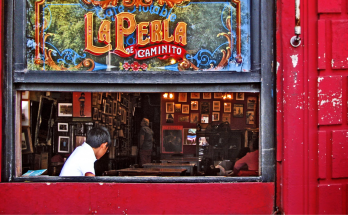Much has been published about the severity of the situation regarding Covid-19 transmission in different refugee camps such as Cox Bazaar and Lambasia in Bangladesh, Zaa’tari and Azraq in Jordan, Baddawi in Lebanon, Moria in Greece, and Matamoros in Mexico. All these reports draw attention to the common conditions of deprivation in the camps in terms of lack of protective equipment, limited access to health services, and poor infrastructure.
Yet, more than half of the world’s refugee population live in non-camp settings, mostly in sprawling cities of developing countries without any or with very limited access to health services and hygiene materials. That is why when discussing the conditions that might render refugees communities more vulnerable it is pivotal to examine the urban environments in which many of them live.
Turkey hosts the largest refugee population in the world, around 4 million refugees according to official numbers by the Department General for Migration Management, but various resources state that the number is a lot higher. Based on our years-long research across the country, we have identified some of the conditions that may cause the Covid-10 outbreak to affect urban refugees in Turkey with severe intensity. Turkey hosts the largest urban refugee population in the world, 98 percent of the refugee population in Turkey lives outside the camps, overwhelmingly in urban and peri-urban areas. So far, there has been no reporting of Covid-19 transmission among refugees in Turkey, yet experts call for emergency measures to be taken as the wide prevalence of urban poverty renders urban refugees in Turkey more vulnerable to Covid-19.



